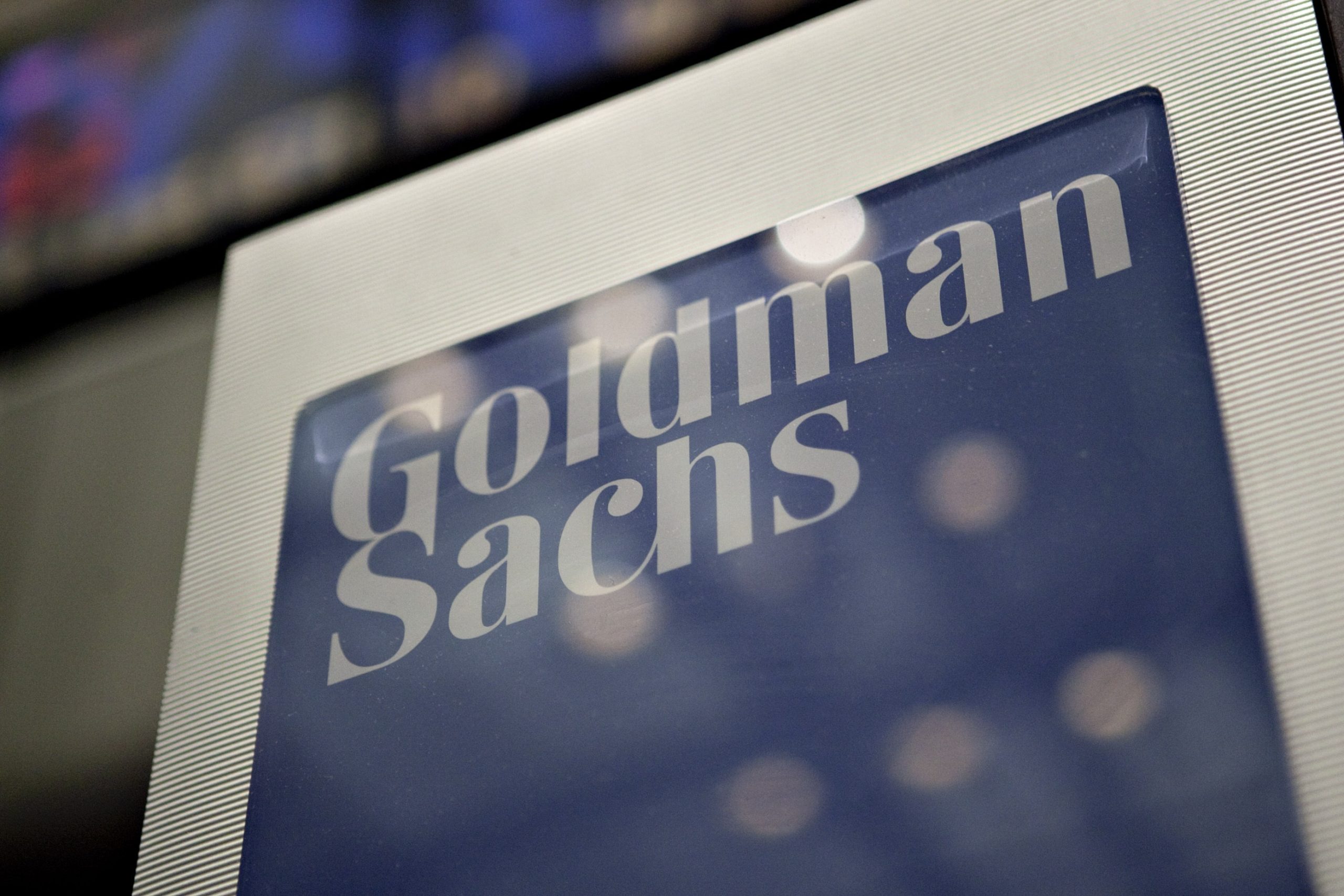Goldman Sachs Eyes Tokenized Future as Crypto Demand Grows
03.05.2025 10:00 1 min. read Alexander Stefanov
Goldman Sachs is preparing to scale up its involvement in digital assets, signaling a major shift in how traditional banking views crypto.
At the TOKEN2049 conference, Mathew McDermott, who leads the firm’s digital assets division, revealed that Goldman plans to expand beyond trading into crypto lending and tokenization—two areas it sees as key to staying competitive.
This move comes amid rising demand from institutional clients looking for exposure to blockchain-based financial products.
While Goldman has dabbled in crypto through private market transactions, its upcoming push will focus on creating tokenized assets and improving liquidity through blockchain-based collateral systems.
The firm is currently navigating regulatory hurdles before launching its next wave of offerings.
Goldman’s evolving stance reflects a broader industry trend: legacy financial players increasingly recognize that ignoring digital assets may be riskier than embracing them. Voices like Eric Trump have amplified that view, warning that traditional banking systems could become obsolete without integrating crypto solutions.
Goldman isn’t alone. Morgan Stanley is reportedly preparing to expand its crypto access as well, exploring new partnerships to offer brokerage clients direct exposure to major tokens like Bitcoin and Ethereum.
-
1
Telegram’s Durov Warns of Rising Threat to Privacy as Europe Eyes Encryption Backdoors
22.04.2025 20:00 2 min. read -
2
Bithumb Splits Business as It Eyes Late 2025 IPO
23.04.2025 9:00 1 min. read -
3
Decentralized Protocols Dominate Crypto Lending by End of 2024
15.04.2025 19:00 2 min. read -
4
BlackRock Reports Strong Q1 as Digital Assets Gain Ground Amid Broader ETF Growth
12.04.2025 8:00 2 min. read -
5
OKX Re-Enters U.S. Market After $500M Legal Settlement
17.04.2025 20:00 2 min. read
Binance Founder Calls U.S. Prison ‘Terrifying,’ Shares Life Lessons
Binance founder Changpeng Zhao has broken his silence about his time behind bars, describing the four months he spent in a U.S. prison as one of the most unsettling and eye-opening periods of his life. Speaking in a recent interview with Rug Radio, Zhao recounted the emotional and psychological toll of incarceration. Lacking U.S. citizenship […]
eToro Targets $4B Valuation With Planned Nasdaq Debut
Israeli trading platform eToro is preparing to go public in the U.S., aiming for a valuation of up to $4 billion as it moves to list shares on the Nasdaq under the ticker “ETOR.”
S&P 500 Flashes Rare Pattern, But Market Signals Remain Divided
April brought an unusual twist to the U.S. stock market. The S&P 500 plummeted more than 10% during the month, only to rebound and close within 2% of where it began.
Trump Ties Crypto to U.S. Power Play as Digital Assets Take Center Stage
Cryptocurrency may have existed long before Donald Trump returned to the White House, but under his leadership, digital assets have gone from a fringe technology to a central pillar of U.S. economic strategy.
-
1
Telegram’s Durov Warns of Rising Threat to Privacy as Europe Eyes Encryption Backdoors
22.04.2025 20:00 2 min. read -
2
Bithumb Splits Business as It Eyes Late 2025 IPO
23.04.2025 9:00 1 min. read -
3
Decentralized Protocols Dominate Crypto Lending by End of 2024
15.04.2025 19:00 2 min. read -
4
BlackRock Reports Strong Q1 as Digital Assets Gain Ground Amid Broader ETF Growth
12.04.2025 8:00 2 min. read -
5
OKX Re-Enters U.S. Market After $500M Legal Settlement
17.04.2025 20:00 2 min. read

